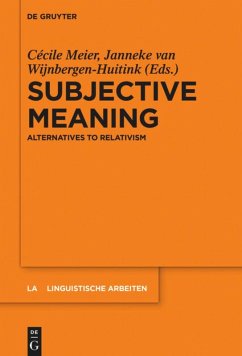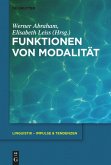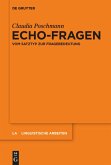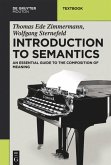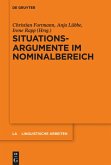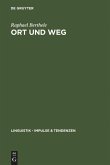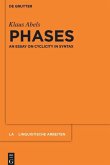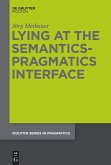This volume contributes to the debate on relativism vs. contextualism. It comprises a collection of papers that take the problem of "faultless disagreement" as their starting point. The contributors all criticize the relativist view that the variability in subjective judgments necessitates the variability of the notion of truth dependent on a judge or assessor. They investigate the problem of faultless disagreement by investigating differences and similarities between subjective judgments with epistemic modals on the one hand and predicates of personal taste on the other. Importantly, they also draw on data beyond taste and knowledge, including data from language acquisition. The theoretical analyses are quite diverse. But all proposals are compatible with the contextualist view - that the variability in subjective judgments is an effect of how the meaning of an expression is understood.
The volume is relevant for linguists and philosophers of language interested in the problem of faultless disagreement and the semantics and pragmatics of modals and adjectives.
The volume is relevant for linguists and philosophers of language interested in the problem of faultless disagreement and the semantics and pragmatics of modals and adjectives.

